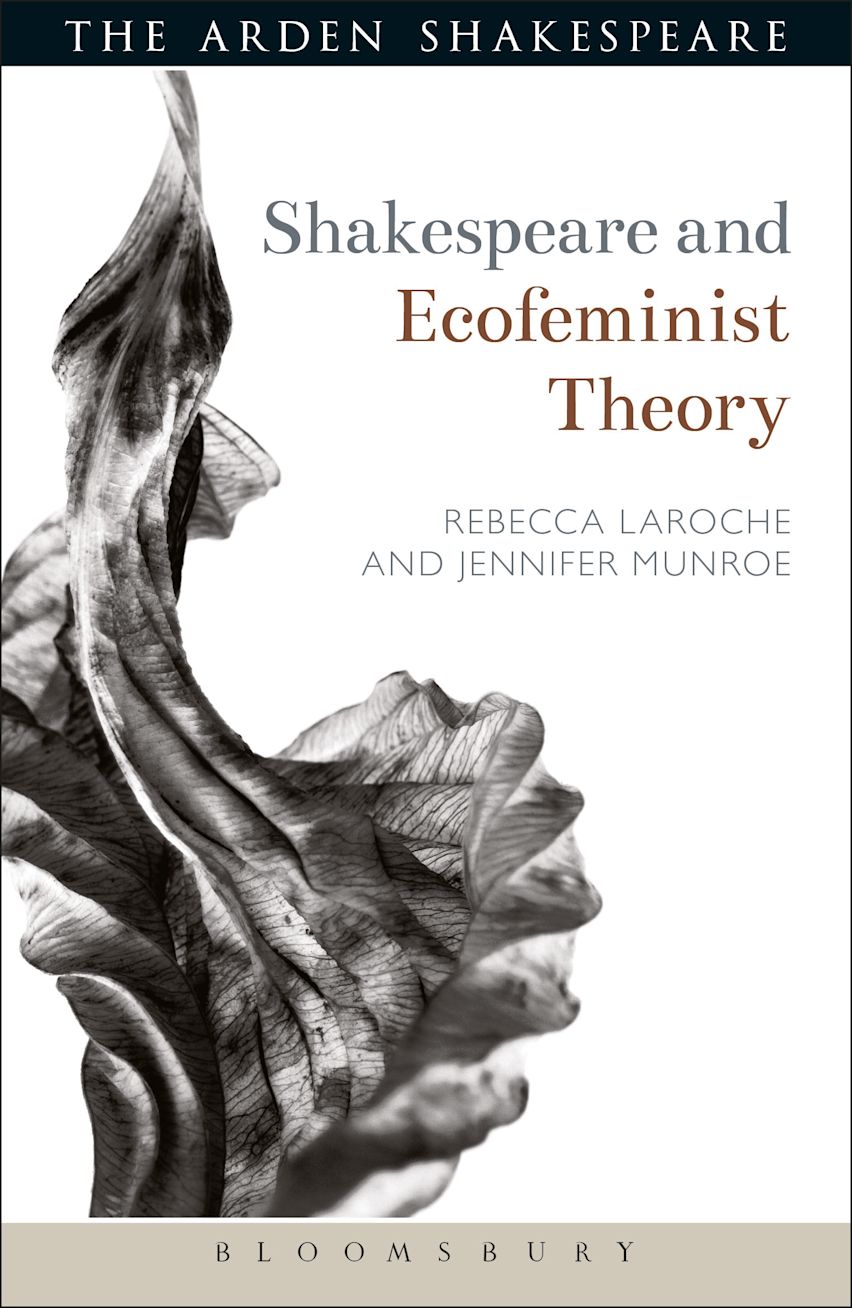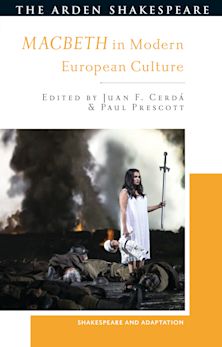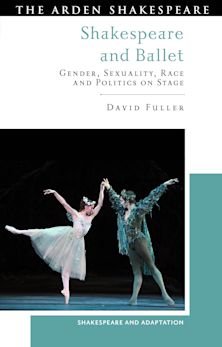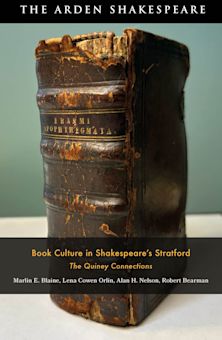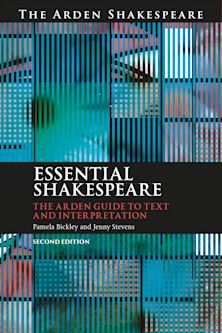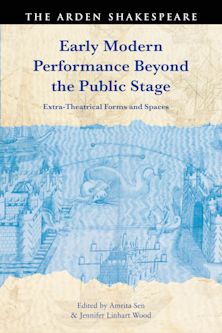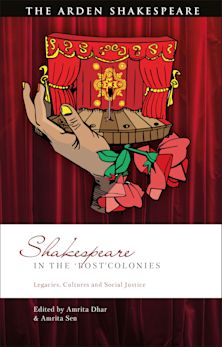- Home
- ACADEMIC
- Drama & Performance Studies
- Shakespeare Studies and Criticism
- Shakespeare and Ecofeminist Theory
Shakespeare and Ecofeminist Theory
Shakespeare and Ecofeminist Theory
You must sign in to add this item to your wishlist. Please sign in or create an account
Description
Ecofeminism has been an important field of theory in philosophy and environmental studies for decades. It takes as its primary concern the way the relationship between the human and nonhuman is both material and cultural, but it also investigates how this relationship is inherently entangled with questions of gender equity and social justice.
Shakespeare and Ecofeminist Theory engagingly establishes a history of ecofeminist scholarship relevant to early modern studies, and provides a clear overview of this rich field of philosophical enquiry. Through fresh, detailed readings of Shakespeare's poetry and drama, this volume is a wholly original study articulating the ways in which we can better understand the world of Shakespeare's plays, and the relationships between men, women, animals, and plants that we see in them.
Table of Contents
Chapter One: Ecofeminism and the Seeds of Time
Chapter Two: The Undomesticated: Chinks in the Wall
Chapter Three: The Supernatural: Revising Science
Chapter Four: The Inanimate
Chapter Five: Archival and Other Sources / Further Reading
Conclusion
Glossary
Product details

| Published | 23 Feb 2017 |
|---|---|
| Format | Ebook (Epub & Mobi) |
| Edition | 1st |
| Extent | 216 |
| ISBN | 9781472590473 |
| Imprint | The Arden Shakespeare |
| Series | Shakespeare and Theory |
| Publisher | Bloomsbury Publishing |
About the contributors
Reviews
-
Analysis of the natural world (mice, worms, plants, etc.) and feminist issues (domesticity, gender, the blazon, body shaming) demonstrate the necessity of an ecofeminist approach in Shakespeare. They also successfully situate ecofeminism as a historically essential and traditionally ignored body of scholarship, arguing that scholars who write on race, class, and gender have failed to cite ecofeminist theory despite its decades-long examination of these concepts … Ultimately, the authors' text offers hope for a reconciliation between what they regard as unequal representations within these unities and alliances, giving ecofeminism equal status in theoretical scholarship and lifting it from its subjugated state.
Renaissance Quarterly

ONLINE RESOURCES
Bloomsbury Collections
This book is available on Bloomsbury Collections where your library has access.











